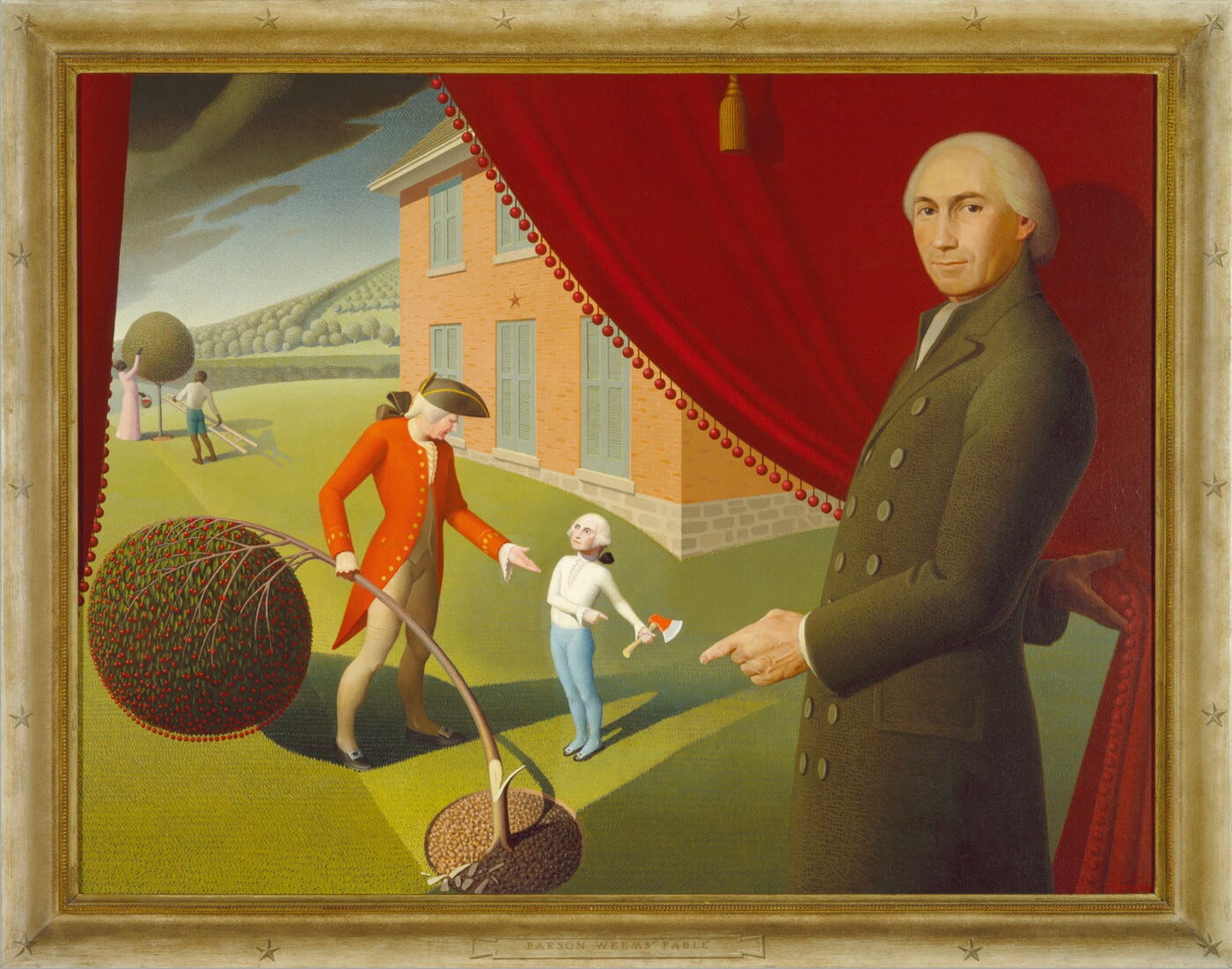Setting an Example
Do the right thing, even when no one is looking

“History has shown us that character counts. Character above all.” ― David McCullough, 2008
Leaders — of businesses, countries, local scouting groups, — leaders of organizations of all types and sizes are always being watched.
The very concept of leadership means that people are following (I would hope). And if you want people to follow, you should be compelling. You should set an example worthy of being followed.
Yet how many instances of corporate leaders have we seen in recent years where their examples have been anything but exemplary?
The aggressive and predatory lending of Wells Fargo.
The nonexistent technology at Theranos.
The dieselgate scandal of Volkswagen.
In every one of those cases, there were leaders who chose to ignore behavior that was underhanded. People who had a chance to speak up and do what was right, but who chose profit over principle.
We hear stories like t…



